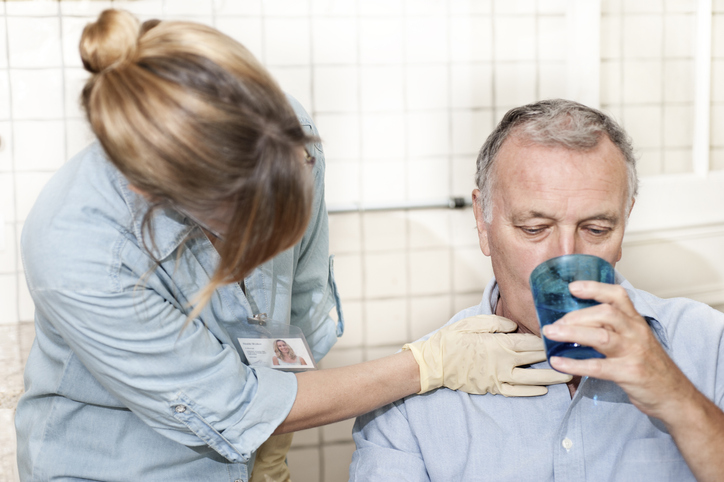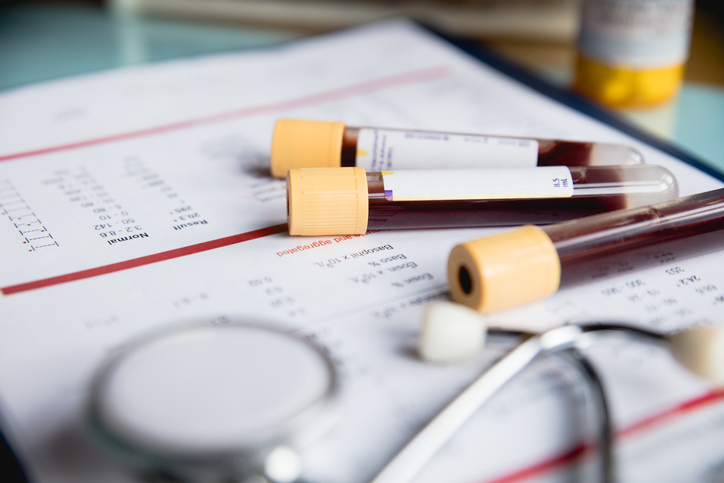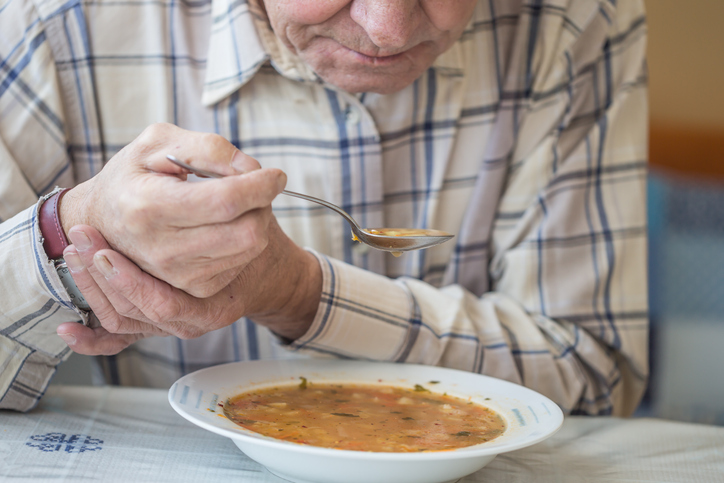Pain
Conventional Medical Treatments for Pseudobulbar Palsy

What is pseudobulbar palsy?
Pseudobulbar palsy is a condition in which the motor neurons that control movement of the muscles in the face, mouth, and throat become damaged. This damage affects the ability to speak, chew and swallow. Some individuals with pseudobulbar palsy experience pseudobulbar affect (involuntary laughing or crying, often at inappropriate times).
Treatment options
The primary goal of treatment for pseudobulbar palsy is to reduce symptoms, such as difficulty chewing, swallowing, or speaking, and difficulty controlling emotions (involuntary laughing and crying at inappropriate times). Treatments can also help improve quality of life even when these symptoms persist.
- Therapies
Physical, occupational, and speech therapists can introduce specific exercises to strengthen the muscles of the face, mouth and throat. They can provide strategies to make eating easier and safer. Speech therapists can help individuals communicate more clearly and may recommend the use of assistive technology if needed. - Nutritional care
A nutritionist can help modify the diet to include nutritious foods that are easier to chew and swallow. This can help prevent malnutrition and unintentional weight loss.
Pureed foods and foods with soft textures are often easiest to swallow. In addition, thick liquids are easier to drink than thin liquids (e.g., water or juice). Powdered thickeners can be added to liquids to make them easier to swallow. For individuals with severe difficulty swallowing, a percutaneous endoscopic gastrostomy tube may be required to ensure adequate nutrition. - Medications
Although pseudobulbar palsy is not a mood disorder, antidepressants may be prescribed to help reduce uncontrollable emotional outbursts. Tricyclic antidepressants or selective serotonin reuptake inhibitors (SSRIs) are often prescribed at a lower dose than what would be prescribed to treat depression.
A combination of the medications dextromethorphan hydrobromide and quinidine sulfate has been approved by the U.S. Food and Drug Administration (FDA) specifically to treat pseudobulbar affect. It can reduce the number of episodes of excessive laughing or crying by approximately 50%.
While none of these treatments can cure pseudobulbar palsy, they can reduce the severity of symptoms and improve quality of life.



















